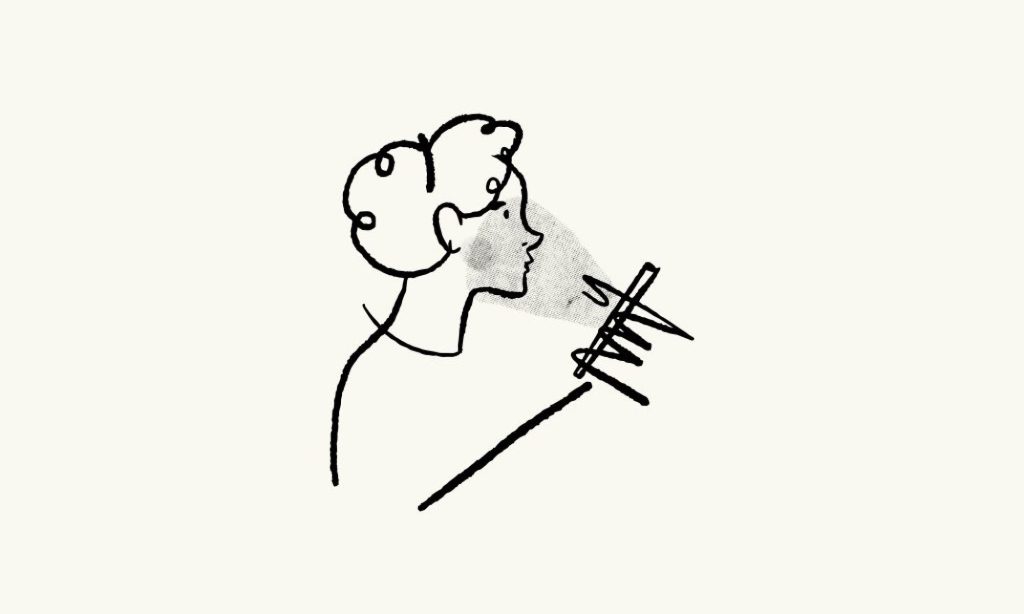Sometimes we forget that Advertisements exist here to sell and make profits. If you have noticed, the most popular of Ads are either emotional or address a specific social movement/ideology. The most recent and popular is harnessing the power of women empowerment and Feminism. India has also jumped onto the bandwagon. There has been a surge of such Advertisements in the Indian market. One of the many such Ad campaigns was #ShareTheLoad by Ariel India.
In this particular ad, we see a role inversion, which is a common narrative we see in feminist advertisements, where Indian men, appear to act out of character and tend to question their patriarchal role in society.
In this Ariel ad, we see the woman performing multiple household tasks simultaneously, making tea for her husband, who is oblivious to the fact that his wife is multitasking a work call, preparing his tea, preparing dinner, loading laundry in the washing machine, picking up toys, sending an email…the father, however, reads out a letter to his daughter as he watches her perform so many tasks by herself. As he mentions in the letter – how she used to play ‘Ghar Ghar’ (House House) as a kid and now manages the household completely by herself. The dad laments in the background and acknowledges his responsibility for this state of affairs.
He, in the letter, admits that he has never set a better example for his daughter and that his daughter’s stress is a direct consequence of his ignorance as a role model. In the letter, as we see the daughter read on-screen, he apologises and resolves to change his ways. The last scene of the ad shows the father loading the machine, much to the mom’s surprise. The last frame flashes the words on-screen “why should laundry be a mother’s job”? with #ShareTheLoad.
This ad very intelligently fuses the social message of switching roles with their commercial objective of selling detergent, because what better place to switch roles than the kitchen. Historically, in an Indian household, the kitchen has embodied gender segregation.

a positive response to the campaign resulting in sales growth.
The ad flows a certain way, which invokes this individualistic feeling of responsibility towards women empowerment. From a woman’s point of view, it successfully makes them feel seen, but from a man’s point of view, it rather cleverly elicits responsibility which will likely affect their buying behaviour and potentially become a consumer of Ariel. The messaging in this advertisement, and the ideas that they have communicated, are in alignment with their brand value and commercial interests, with this campaign they were aiming at a potential growth of their target group with men and simultaneously potentially expand their goodwill amongst their women consumers.
As the researcher elaborates on Karl Marx’s and Frederick Engels’ theory of ‘Ruling Class and Ruling Ideas’ in this article, “While regular citizens are busy with their day-to-day tasks, part of the ruling class take on the function of the “thinkers”, those whom we see as subject matter experts, and actively develop and promote those values and messages. The ruling class also has some control over the dissemination of these ideas.”
I can’t help but criticise the intentions of this advertisement. This ad especially exists in the ‘Economy of Visibility‘ which in her book ‘Empowered: Popular Feminism and Popular Misogyny‘ by Sarah Banet-Weiser is defined as the visibility of popular feminism, where examples appear on television, in film, on social media, and on bodies, but it often stops there, as if seeing or purchasing feminism is the same thing as changing patriarchal structures.

While this ad questions the role of a woman in the kitchen it doesn’t help in shattering existing patriarchal structures which affect women at a deeper and intersectional level. It clearly rehashes the age-old neoliberal idea of competitive individualism and consumerism packaged as a solution to transform patriarchal traditions.
